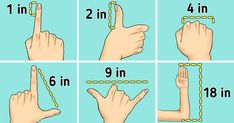
It’s not easy to figure out how to raise children, especially if everyone around you gives you conflicting advice. Even the views of great teachers and psychologists can be different. But still, all alternative schools believe that if you give children freedom and value them as individuals, they will grow up to be confident and happy.
You don’t have to stick to only one educational approach. We at Bright Side have collected recommendations from teachers and scientists who have worked on educational systems to make sure children grow up to be fully-functional people who can build strong family relationships.
1. The Montessori system, created by Maria Montessori
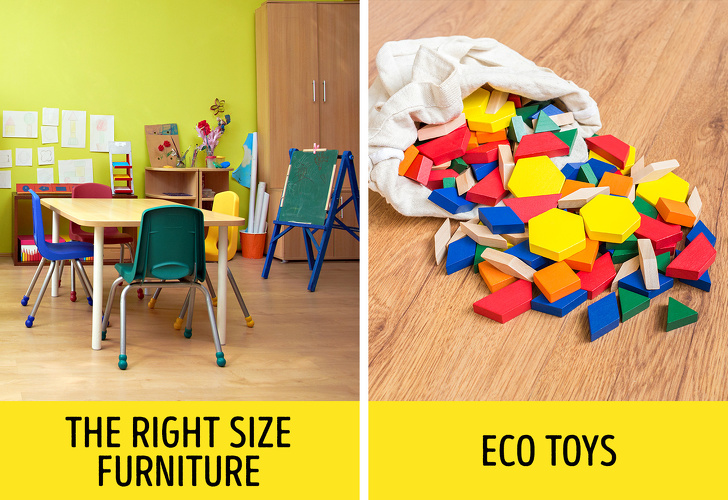
Maria Montessori was the first woman in Italy to finish medical school where she worked with sick children. Montessori was nominated for the Nobel Prize several times and her educational approach is still popular today in many countries.
Maria Montessori’s views:
2. Reggio approach, created by Loris Malaguzzi
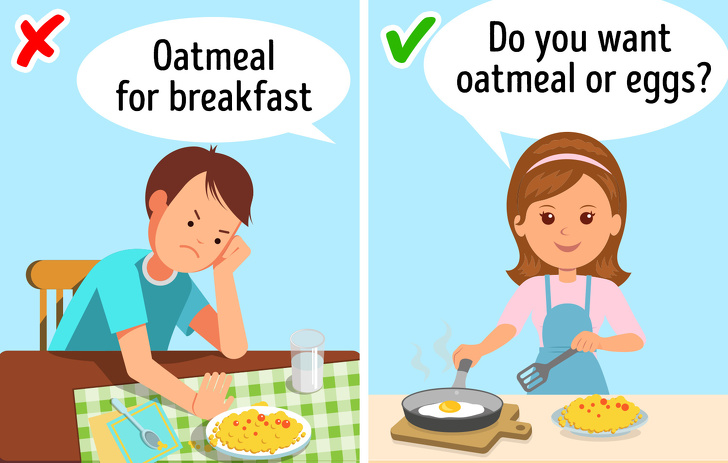
Italian psychologist Loris Malaguzzi came up with this very beautiful observation: a child can speak a hundred languages, meaning that children can speak to the world and express their thoughts in different ways: through drawings, singing, games. But adults often try to silence the 99 languages. Parents should listen to their children and teach them to use these “languages” in everyday life.
Malaguzzi’s main ideas:
3. Waldorf education, created by Rudolf Steiner
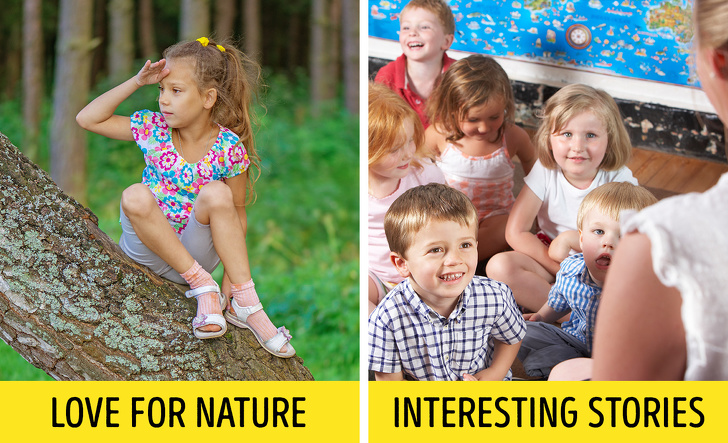
The idea of Waldorf schools is to raise a confident person who loves working and can discover creative abilities in themselves. There are no grades and tests in these schools, but they pass exams just as well as students from regular schools.
Rudolf Steiner’s ideas:
4. Summerhill school, created by Alexander Neill

The British have called this school “controversial.” Students are allowed to not study and they are not even obligated to attend classes. On average, children spend 3 months doing nothing and then they start attending classes. Aside from the familiar subjects, in Summerhill, students can learn to work in Photoshop, grow plants, do magic tricks, and acquire other useful skills.
Alexander Neill’s views:
5. Instrumentalism, created by John Dewey
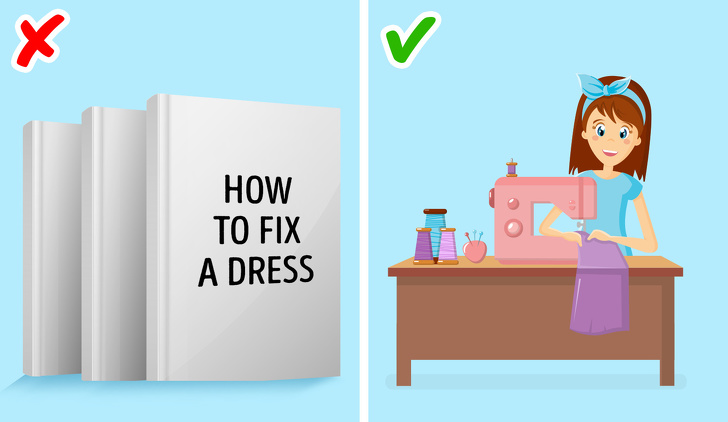
In the US, Dewey is dubbed the “father of progressive education.” He believed that the point of school is to teach a child to find their way out of any situation by learning to adapt to their environment. That’s why children should be taught to do specific tasks instead of giving them abstract knowledge from books.
Dewey’s views on education:
6. Célestin Freinet method
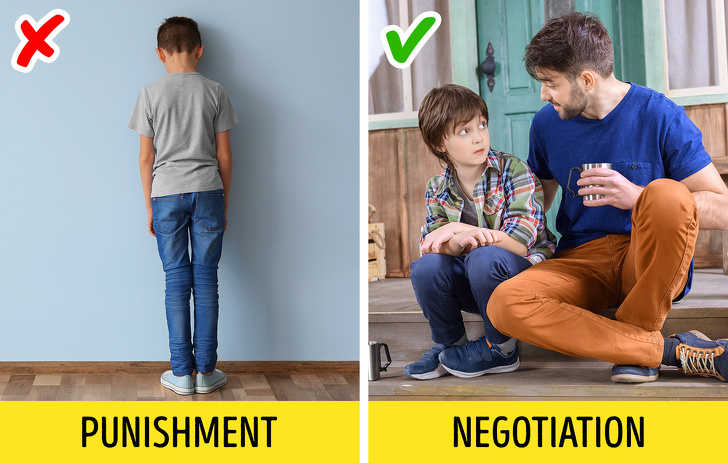
Freinet opened his own school at the age of 24. He helped children with developmental delays. His school didn’t have any books or homework, but his students achieved outstanding results and were fully developed and educated.
Freinet’s main ideas:
Which ideas seemed important and valuable to you? Do you have your own secrets for how to raise children? Tell us in the comment section below!



